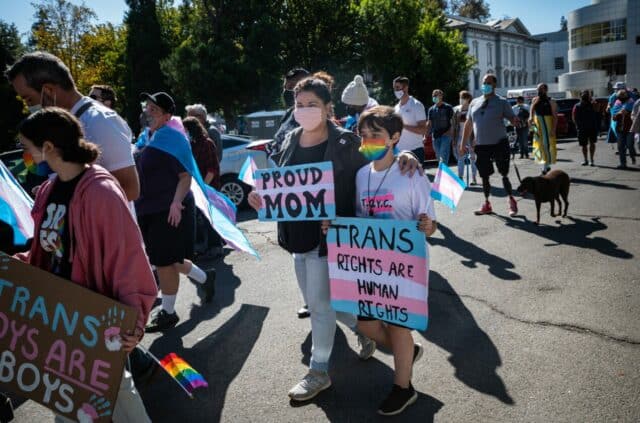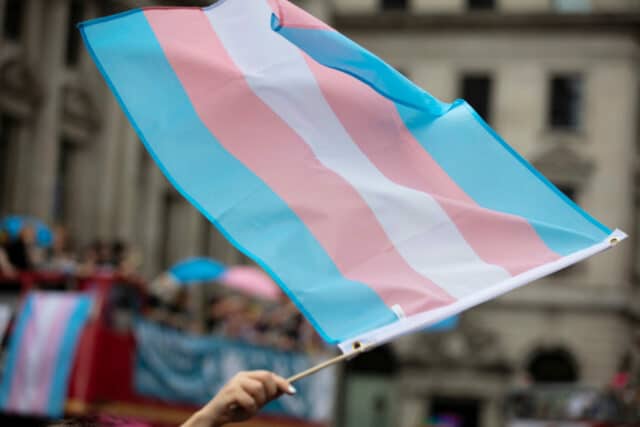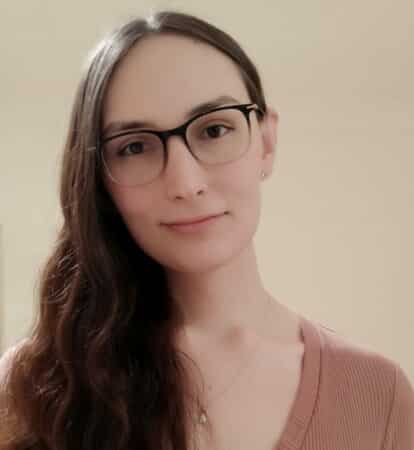
The prevalence rates of autism and gender dysphoria vary between studies.
For example, Strang, Powers, Knauss, & Sibarium (2018) estimated that between 6.3% – 13.3% of youth referred to clinics for gender identity purposes were autistic, which is approximately 10 times higher than rates of gender dysphoria in neurotypical youth. Warrier et al., (2020), alternatively, estimates trans and non-binary people are between 3.03 and 6.36 times more likely to be autistic compared to cisgender people.
In Aotearoa New Zealand, the Counting Ourselves study (Veale et al., 2019); the first comprehensive national survey into the health and wellbeing of trans and non-binary people, found that 22% of participants described themselves as neurodivergent, however this was not specific to autism. The rates may vary, but the pattern remains the same across studies.
Currently, there are not many hypotheses on why this overlap occurs. One possible explanation is that autistic people conform less to societal norms and are less concerned about the opinions of others. In this sense, autism could be viewed as a protective factor that allows individuals a greater sense of freedom to explore their gender identity and expression.
If this is true, it may also be the case that the elevated levels of gender diversity seen within autistic populations are a truer estimate of the percentage of gender diverse people in the world, when societal pressure is accounted for.
We might not know for sure why this happens but we do know it is going to be important for professionals working with gender identity and gender affirming care, to know about autism.
Knowledge about gender identity and transgender issues are going to be important for families and for professionals that work with the autistic community.
Numerous studies have shown that both autistic and trans and non-binary people are at a higher risk of experiencing psychological distress, anxiety, depression, self-harm, and suicidal ideation, among other mental health conditions.
This is due in part due to the discrimination, abuse, victimisation, and unfriendly environments that both groups need to navigate on a daily basis.
For people that exist at the intersection of autism and gender diversity, this can be twice as distressing if proper support and understanding is not provided. Autistic trans people also face unique barriers to accessing gender affirming care, to just being taken seriously about their gender identity.
Some family members and health care providers have a tendency to see gender identity as a ‘symptom’ or ‘special interest’ of autism, or to offensively dismiss an autistic person’s gender and autonomy because they don’t think autistics are capable of making their own decisions about their gender or sexual identity. A recent study has even found that a third of autistics have had their gender identity questioned before because they were autistic.

According to the 2018 Counting Ourselves study, more than 36% of trans and non-binary participants had avoided seeing doctor at some point because they were worried about being disrespected or mistreated as a trans or non-binary person, and 71% of participants reported high or very high psychological distress, compared to just 8% of the general population.
We know that our young autistic people are at risk of bullying at school, and more than one in five (21%) of transgender students have reported being bullied at least once a week in Aotearoa, which is significantly higher than the general population (5%).
We all need to do our part (families and professionals especially) to ensure that we live in a world where autistic trans and non-binary people have the right to be socially and legally recognised, have equal access to medical care, and to have the opportunity to live their authentic lives.
- An updated 2022 version of the Counting Ourselves survey is currently live for the rest of the year, and new questions have been added to collect more data on trans and non-binary autistic participants. This includes asking questions specifically about autism, whether people are self-diagnosed or have a diagnosis from a medical professional, as well as unmet needs and barriers for accessing gender affirming healthcare. If you or a family member are over the age of 14, and are trans or non-binary and wish to have your voice heard, you can take the survey here: https://countingourselves.nz/
Ashe Yee – (B.A. – Psychology) – joined the Altogether Autism team as a researcher in late 2019. She graduated from the University of Newcastle in 2016 with a Bachelor in Psychology (First Class Honours). She is passionate about delivering evidence-based information to families in need, and in fighting against the spread of misinformation about autism. She is also one of the researchers involved in the Counting Ourselves survey.
References
Strang, J. F., Powers, M., Knauss, M., & Sibarium, E. (2018). “They thought it was an obsession”: Trajectories and perspectives of autistic transgender and gender-diverse adolescents. Journal of Autism and Developmental Disorders, 48(10), DOI: 10.1007/s10803-018-3723-6
Veale, J., Byrne, J., Tan, K., Guy, S., Yee, A., Nopera, T., & Bentham, R. (2019). Counting ourselves: The health and wellbeing of trans and non-binary people in Aotearoa New Zealand. Transgender Health Research Lab, University of Waikato: Hamilton NZ.
Warrier, V., Greenberg, D. M., Weir, E., Buckingham, C. Smith, P., Lai, M., Allison, C., & Baron-Cohen, S. (2020). Elevated rates of autism, other neurodevelopmental and psychiatric diagnoses, and autistic traits in transgender and gender-diverse individuals. Nature Communications, 11, 1-12.



